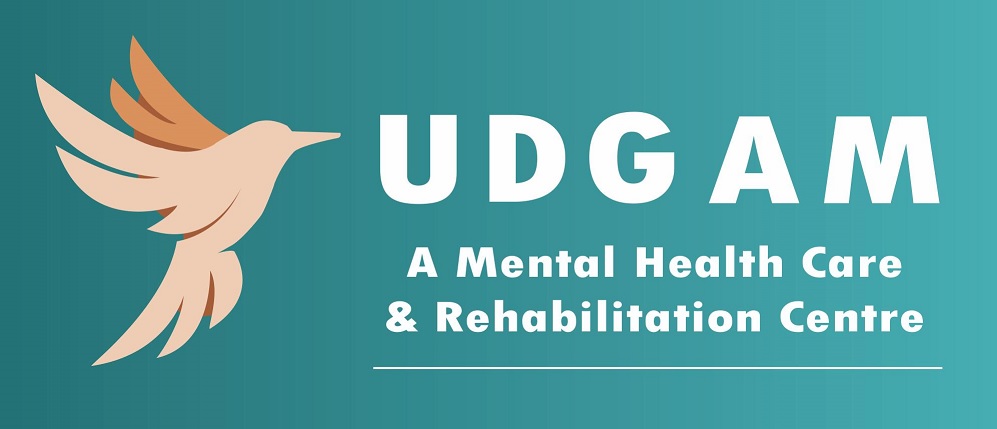SUICIDE
Suicide is a serious public health problem; however, suicides are preventable, we fail to prevent it?
Every 40 seconds someone commit suicide and die around the world and death toll 800 000 people every year. Young people are mostly affected and suicide is now the second leading cause of death among ages of 15 and 29 years globally.
- If this is preventable, then where are the lacunae in our effort to prevent it?
- Is it social stigma, lack of mental health worker, politics, laws, justice, education, defense or our social awareness campaign or involvement of media?
First, we have to understand the suicide. Suicide is a complex phenomenon, and has a big challenge for treatment and prevention. There is no single factor is sufficient to explain why a person died by suicide, it is influenced by several interacting factors − personal, social, psychological, cultural, biological and environmental.
There are many mental conditions where suicide is common but depression is one of the most common factors. Psychoses, schizophrenia, OCD, PTSD, Substance abuse, traumatic condition like rape victim, mental or physical abuse, job loss, divorce or separation, breakups, academic failures, bullying, imprisonment or expressing sexual orientation in front of family are few psychological factors. Chronic illnesses like cancer, kidney disease, neurological illness, severe pain condition, are medical reason. Differentiation on color, sex, ethnicity (racism, gender in equality), painful judgment, draconian laws, disaster, financial crisis, global economical slow down, are certain condition that has direct impact on suicide.
What are red flag signs for suicide?
Family, friend, official persons like hr, bosses, colleagues, should notice the changes in activities. Hopelessness, worthlessness, death wish, para-suicidal behavior, talking, sharing or posting online negatively or recently changed topic like birth, death, life etc, sudden increase in alcohol or substance, absenteeism, decreased communication and interaction, remain aloof, history of suicidal attempt are few alarming signs. Few commit suicide impulsively without any signs like under intoxication, breakups, separation, death of loved one, imprisonment, financial loss, job loss, academic failures. Para suicidal behavior like buying blades, ropes, pistol, are common in planned suicide which common in depression and other mental illness.
Psychopathology behind suicide.
Hopelessness, either in the short-term or as a long term, has big contribution to the decision to commit suicide. They see no way the situation can improve , feel they have lost all hope and nothing is going to be change, it can overshadow all of the good things in their life, making suicide seem like a only and viable option. People often see themselves as worthless, a burden to others due to the overwhelming emotional burden.
What are the precipitating factors? Is Covid -19 pandemic?
Of course, any disaster is precipitating factor for mental illness and related condition. In this pandemic every sector is struggling for their survival financially. Job loss, financial losses, is very common. Fear of health related problems are creating a panic like situation among people. Sleep disturbances, anxiety, depression, social isolation, loneliness, are common among people making them vulnerable for suicide.
How to prevent it
“Success ke baad ka plan sabke pass hota hai, lekin agar galti se fail ho gaye, toh failure se kaise deal karna hai iski koi baat hi nahi karna chahta”
Film “Chhichore” message by Suhant Singh Rajput
Suicide attempts are not a cry for attention but a cry for help. We experience a daily reality such that individuals despite everything imagine that emotional wellness is certainly not an intense issue. This occurrence is simply one more update that we have to end the silence and stigma associated with this wellbeing condition.
Family, friends, and employer should have open and detailed discussion about the condition if they observe the red flag signs. It is very necessary to be sensitive towards the patients, victims, sufferers. Listen to them without judging, arguing or yelling at them. We have to take co-ordination and collaboration from multiple sectors of society including mental health sector and other such as education, law, justice, politics, corporate, industries, and media. Multiply the social awareness and break the silence and stigma about illness and condition. Regular medication and psychotherapy is very essential. Apart from that ask them to seek professional help with mental health worker, psychiatrist, psychologist, mental social health worker.
Why few industries are more vulnerable like Film, fashion industries
We will presumably never realize what set off this self destruction, however potential reasons can be a restricted lifestyle because of lockdown and the loneliness. Depression persists even after treatment if stress continues. This continuous stress may be due to his personal relationship or financial crunch or shrinking career growth expectation.
Film industries personal have very pressure to perform on screen as well as off screen. They have to maintenance of social status, media attention, social media followers and friend circle. They also have to work on abnormal time schedule, feel work pressure. Nepotism, sexual harassment, mental and physical abuse are very common in film industries. Substance abuse and addiction makes them more vulnerable. Studies show celebrities have high score on narcissistic, Histrionic and borderline personality. These people remain very vulnerable to criticism, and emotional labiality leading to depression. Personal life or relationships are very fragile. Movie’s success is a chance and has great impact on career growth leading to emotional fragile.
How UDGAM will help in treatment
People try their best to keep and correct the low mood, depression, death wish, suicidal thoughts but fail to manage these ailments. Team UDAGM, the clinical psychologist expert in counseling, will be your real friend and will help to manage your depression and related symptoms and will try to take out from this debilitating symptoms.
If you feel suicidal kindly call on suicide help line (available in this link)
https://en.wikipedia.org/wiki/List_of_suicide_crisis_lines
- India ( Aasra +91 22 2754 6669 | Website: www.aasra.info
- Jeevan Aastha : 1800 233 3330

